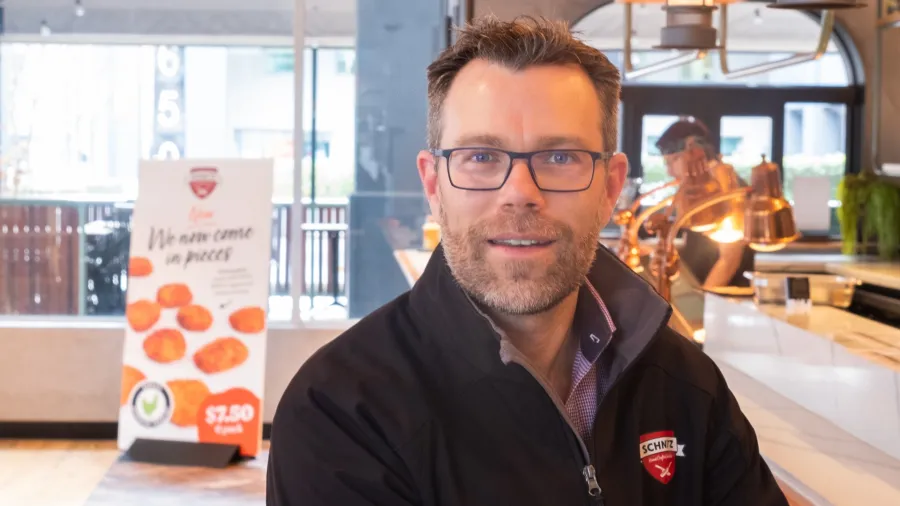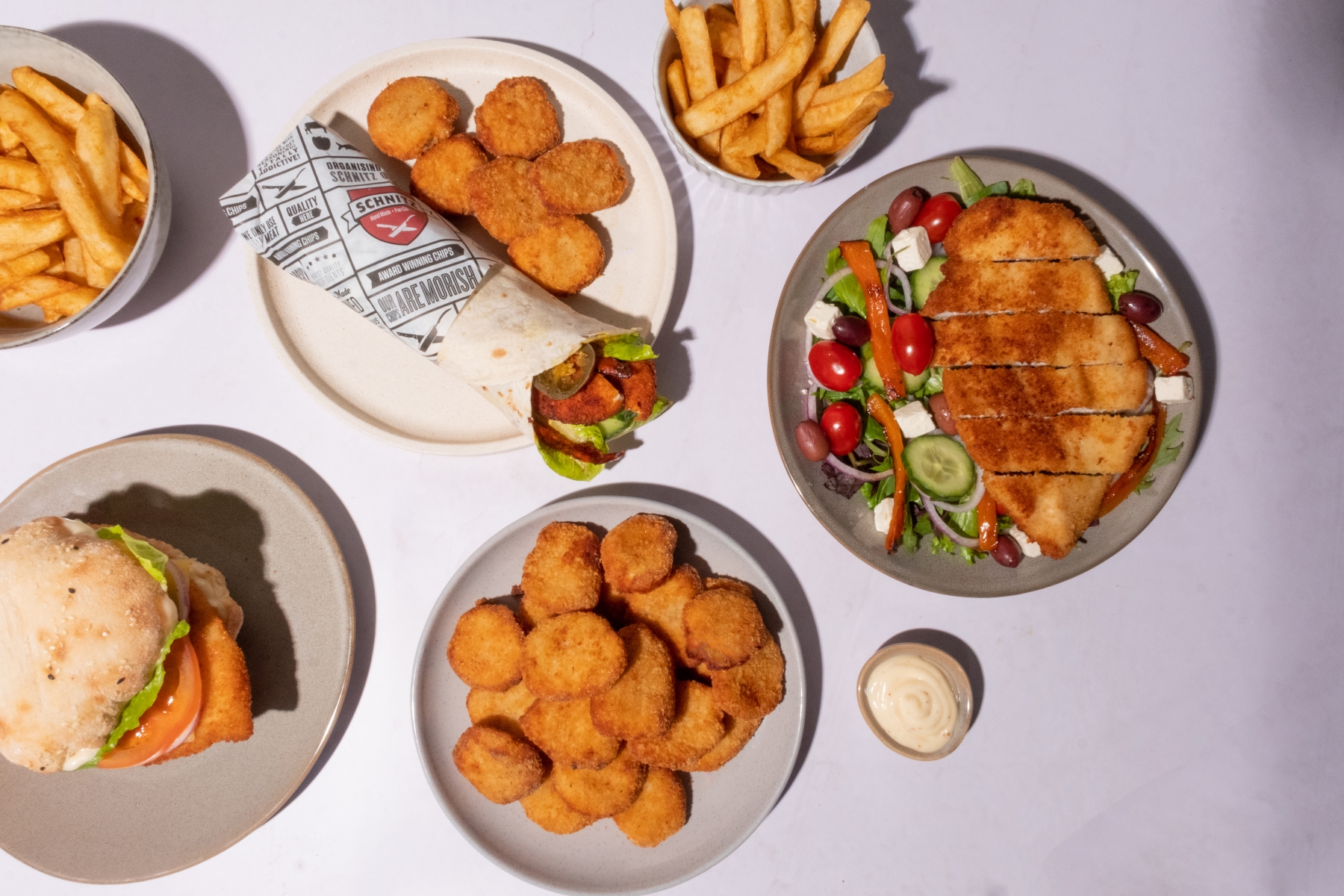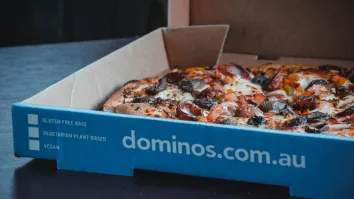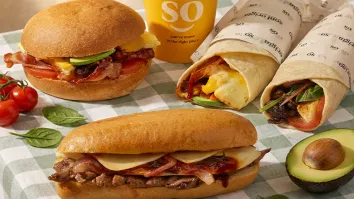
Schnitz gets boost from off-peak snacking segment
The brand plans to double its restaurant numbers in the next five years
Fast-casual brand Schnitz is aiming for the top of the snacking segment and they are doing so by meeting demand during the off-peak hours.
In an interview with Brenton Howie, CEO of Schnitz, they found out that snacking was underrepresented in their menu. So they created a new snack that they plan to become the next cult favourite aside from their famous schnitzels
Brenton said after a review of their menu, they noticed that snacks were underrepresented, unlike some of their competitors like Guzman y Gomez and Grill’d who have recently released a variety of snacking options
“There is a trend towards smaller portions and it's really around that value price point. We have done a significant review of our menu offering and we saw that a large portion of our transactions were in chips,” Brenton explained.

According to Euromonitor International’s Voice of the Consumer: Lifestyles Survey 2022, nearly 40% of Australians are snacking between meals during the day showcasing a fundamental shift in consumer eating habits away from the traditional format of meals. Brenton said they saw this trend continuing to the consumers of today.
That’s why, in June early this year, Schnitz released the ‘Schnugget’, which is the smaller, more bite-sized version of their signature schnitzel. The Schnugget is made of 100% RSPCA-approved chicken breast schnitzels
Off-peak
The release of the new snack is also part of Schnitz's strategy to increase what they called the ‘off-peak’ transactions.
“People get hungry at lunch and they get hungry at dinner. But if you have a small snacking option, you can capture another portion of consumers who likes to snack during off-peak hours. When we released the Schnugget, we have seen that around 25% of our sales are from two to five in the afternoon,” Brenton explained.
With rising costs, consumers who do spend on snacks don’t want to compromise quality.
“Across our industry, there are a lot of businesses that have compromised quality to get a sharp price point, but we wanted to make sure that our Schnuggets are at a quality price point and hence the partnership and the collaboration we have with RSPCA to ensure that our guests understand that we're not compromising on quality for our snacking range,” Brenton said.
Industry insights
From the experimental use of AI to reaction to customer behaviour changes, Brenton also shared industry insights he found interesting as of late.
“We are watching several industry trends lately. One is the rise in demand for snacking and comfort foods. If you look at advertising from fast-food chains like KFC’s Fried Night Footy, they are talking about fried food in contrast to the healthy consumer trend. What I see here is that customers are looking for comfort, not just health. Meaning, they still want to treat themselves and they still want tasty food,” Brenton said.
Brenton also finds the trend in the changing demand for meat analogues something to take note of. “The trend is still there but it's interesting to see that the hype around meat analogues has started to dissipate. However, I still think there is still a meat reduction trend in the market.”
In a 2022 report, GlobalData said that the Australian meat substitutes market is witnessing a boom, with sales projected to rise from $409.8m (US$304.5m) by 2026 at a compound annual growth rate (CAGR) of 15.4%
However, a recent report by data gathering platform Statista, said in January 2023 in Australia revealed that less than two in five Australians were open to substituting meat products they consume with plant-based alternatives. A slightly larger proportion of Australians, 41% of respondents, were unwilling to shift to the alternatives.
Brenton also mentioned that the shift to automated services is putting a different value between a fast-food restaurant that utilises AI to provide faster services by removing human contact and fast-casual brands where consumers are more willing to pay more for higher quality food and more in terms of service.
Finally, the importance of loyalty. Brenton said he saw how important first-party data has become for QSR businesses. However, with rules and regulations constantly changing, getting these data is also getting harder.
“First-party data has never been more important. But also the environment of data breaches overlaid with that means that there's a high level of scepticism with our customers to offer the data. So there's this really interesting challenge that as an industry, we have and want to collect and understand the behaviour of our guests, but also being respectful and careful with how we should handle this data because data breaches are a real thing,” Brenton said.
Doubling stores
In the next five years, Schnitz plans to bring their store count to 150.
“We currently have 53 stores in Victoria, 11 in New South Wales, eight in Queensland and one in WA. We see that quality food and reasonable prices, which is watching what Schnitz’s offers, we need to have it be available to more people. And I think if we can do that, the success of the brand will continue to grow.”
Brenton did not give specifics on what they will do as of yet but he said they will be looking at menu innovation and new equipment initiatives as they target to one day build the restaurant of the future.
























